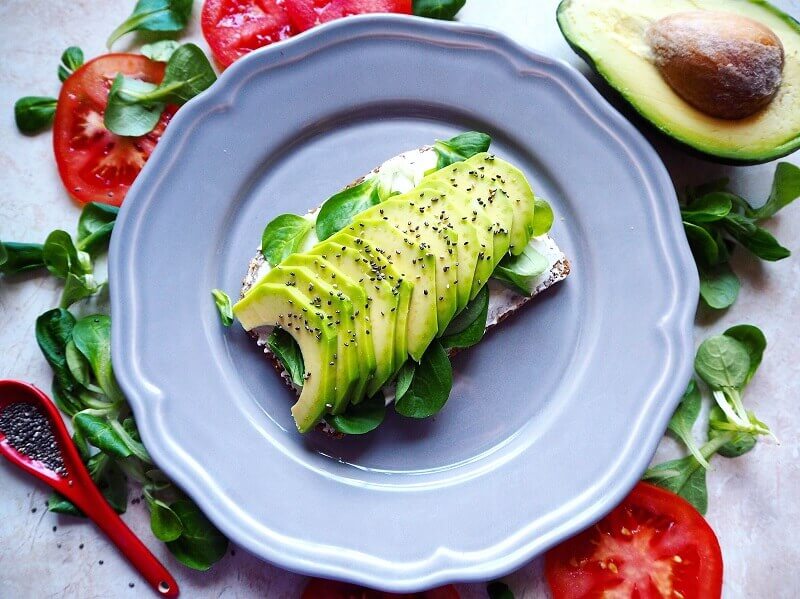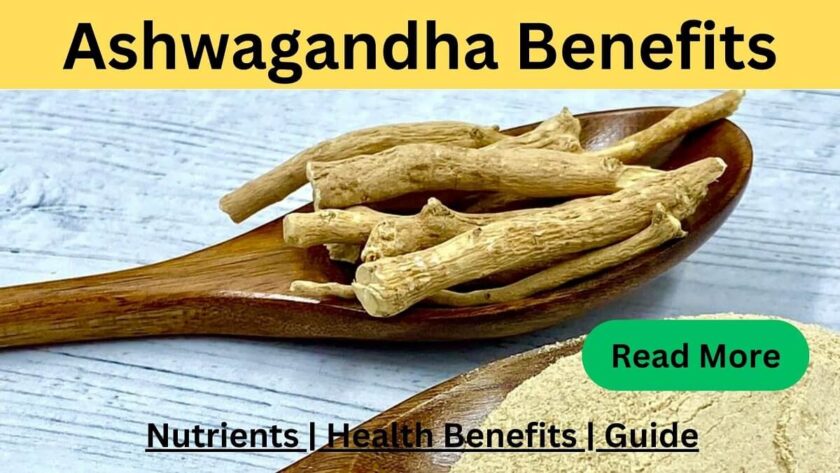Chia seeds, originating from the Salvia hispanica plant, have gained immense popularity for their exceptional health benefits and versatile culinary uses. Packed with essential nutrients, these tiny seeds have garnered attention for their potential to enhance overall well-being. In this comprehensive guide, we’ll delve into the myriad benefits of chia seeds and provide insights into their usage, including cooking tips and best practices.
Unveiling Nature’s Tiny Powerhouses for Health and Culinary Delights
Health Benefits of Chia Seeds
1: Chia Seeds Benefits for Females
Hormonal Balance: Chia seeds contain omega-3 fatty acids that aid in maintaining hormonal balance, benefiting women’s reproductive health.
- Bone Strength: Rich in calcium, magnesium, and phosphorus, chia seeds support bone health, particularly crucial for women.
2: Chia Seeds Benefits for Men
- Muscle Recovery: With a high protein content, chia seeds aid in muscle repair and recovery post-exercise, making them beneficial for men engaged in physical activities.
- Heart Health: Omega-3s present in chia seeds promote cardiovascular health, reducing the risk of heart diseases in men.
3: Organic Chia Seeds
Purity and Sustainability: Opting for organic chia seeds ensures purity, is devoid of harmful pesticides, and supports sustainable agricultural practices, promoting a healthier environment.
4: Chia Seeds Benefits for Working Individuals
- Working Women: Chia seeds provide a sustained energy boost, aiding working women in maintaining focus and vitality throughout busy schedules.
- Working Men: For men balancing work demands, chia seeds offer nutritional support to sustain energy levels and mental alertness.
5: Chia Seeds Benefits for Gym Goers
- Muscle Building Support: Protein-packed chia seeds assist in muscle repair and growth, making them an ideal addition to the diet of fitness enthusiasts.
- Hydration and Energy: Chia seeds, when soaked, form a gel that helps in maintaining hydration levels during workouts.
6: Chia Seeds Benefits for Senior Citizens
- Bone and Joint Health: Essential minerals in chia seeds aid in maintaining bone density and supporting joint health in seniors.
- Cognitive Function: Omega-3 fatty acids contribute to brain health, potentially benefiting cognitive function in older adults.
7: Chia Seeds Benefits for College Goers
Focus and Concentration: Chia seeds’ nutrient profile supports cognitive function, assisting college-goers in maintaining focus and concentration during studies.
8: Chia Seeds Benefits for Couples
- Fertility Support: Some studies suggest that chia seeds‘ nutrients might support reproductive health, potentially aiding couples trying to conceive.
- Overall Health: Including chia seeds in the diet can improve overall health, benefiting couples looking to maintain a healthy lifestyle together.
Nutritional value per 100 g (3.5 oz)
| Energy | 486 kcal (2,030 kJ) |
| Carbohydrates | 42.1 g |
| Dietary fiber | 34.4 g |
| Fat | 30.7 g |
| Saturated | 3.3 g |
| Monounsaturated | 2.3 g |
| Polyunsaturated | 23.7 g |
| omega‑3 | 17.8 g |
| omega‑6 | 5.8 g |
| Protein | 16.5 g |
Exploring Chia Seeds
1. Best Time to Take Chia Seeds:
- Morning or pre-workout times are ideal to maximize the energy-boosting benefits of chia seeds.
2. Chia Seeds Nutrition:
- Chia seeds are a rich source of omega-3 fatty acids, fiber, protein, antioxidants, calcium, and various vitamins and minerals.
3. How to Cook Chia Seeds:
- Incorporate chia seeds into your diet by adding them to smoothies, yogurt, oatmeal, or baking recipes. You can also make chia seed pudding by soaking them in liquid.
4. Daily Dose of Chia Seeds:
- The recommended daily intake is around 1-2 tablespoons for adults. It’s essential to start with smaller amounts and gradually increase to avoid digestive discomfort.
5. Side Effects of Chia Seeds:
- While rare, some individuals might experience allergic reactions or digestive issues. Overconsumption without adequate liquid intake might lead to gastrointestinal problems.
6. Who Can’t Take Chia Seeds:
- Individuals with specific allergies or those on certain medications should consult a healthcare professional before incorporating chia seeds into their diet.
7. Ways to Consume Chia Seeds:
- Chia seeds can be consumed raw, soaked, ground, or added to various recipes, offering versatility in incorporating them into meals.
8. List of Nutrients Available in Chia Seeds:
- Chia seeds contain omega-3 fatty acids, fiber, protein, calcium, magnesium, phosphorus, antioxidants, and vitamins such as B vitamins and vitamin E.
Conclusion:
Incorporating chia seeds into your diet can be a game-changer for your overall health and well-being. These tiny seeds offer an abundance of nutrients and health benefits, making them a valuable addition to any diet. Whether you’re a fitness enthusiast, a professional with a hectic schedule, a senior citizen, a college-goer, or a couple aiming for better health, chia seeds could be the nutritional boost you need.
Disclaimer:
The information provided in this article is for informational purposes only. The content regarding the health benefits of chia seeds and their culinary uses is intended to offer general guidance and should not be considered medical advice or a substitute for professional medical expertise, diagnosis, or treatment.
Individuals with specific health concerns or conditions should always consult a qualified healthcare provider before making any changes to their diet or lifestyle, including incorporating chia seeds into their routine.



